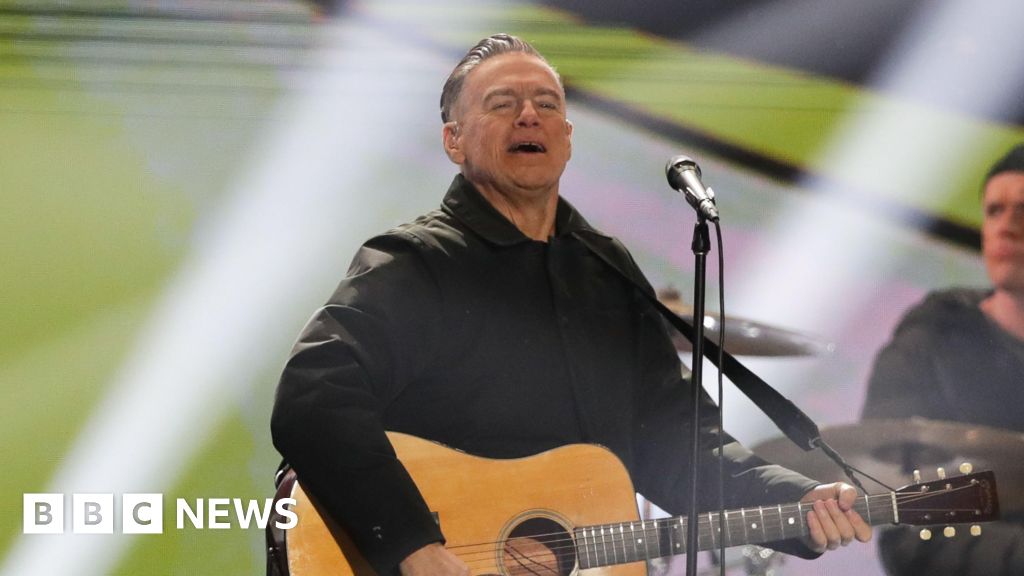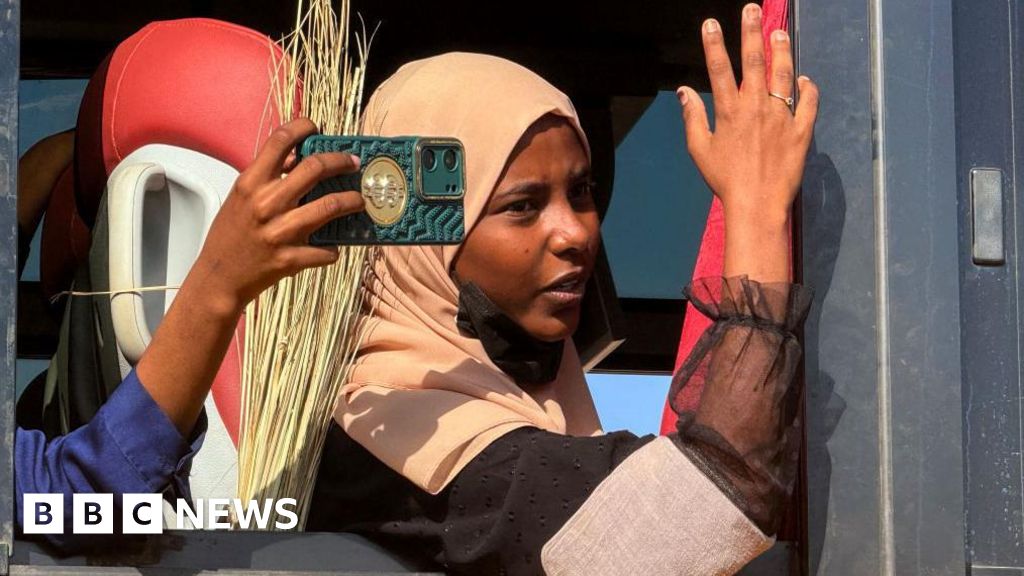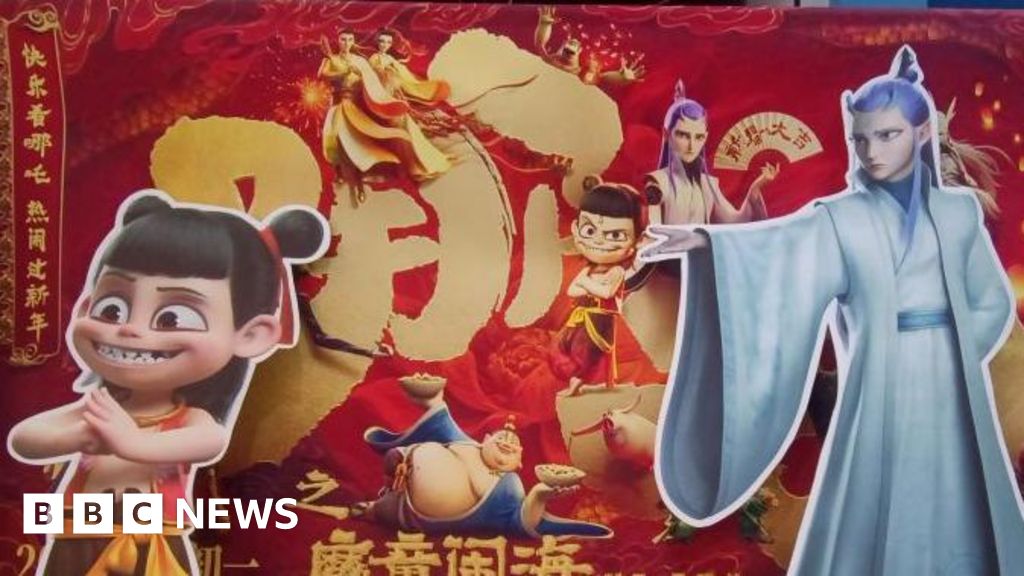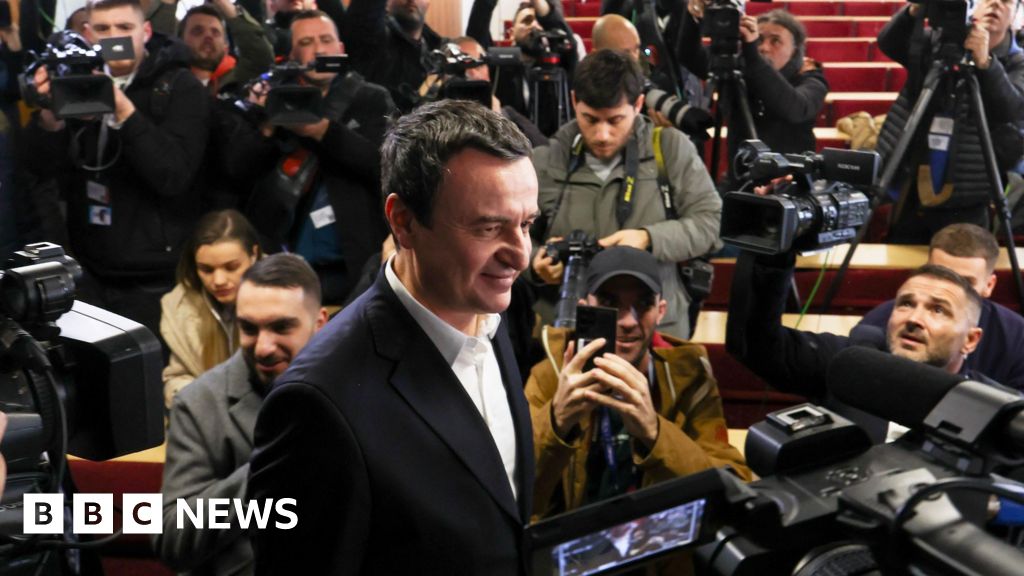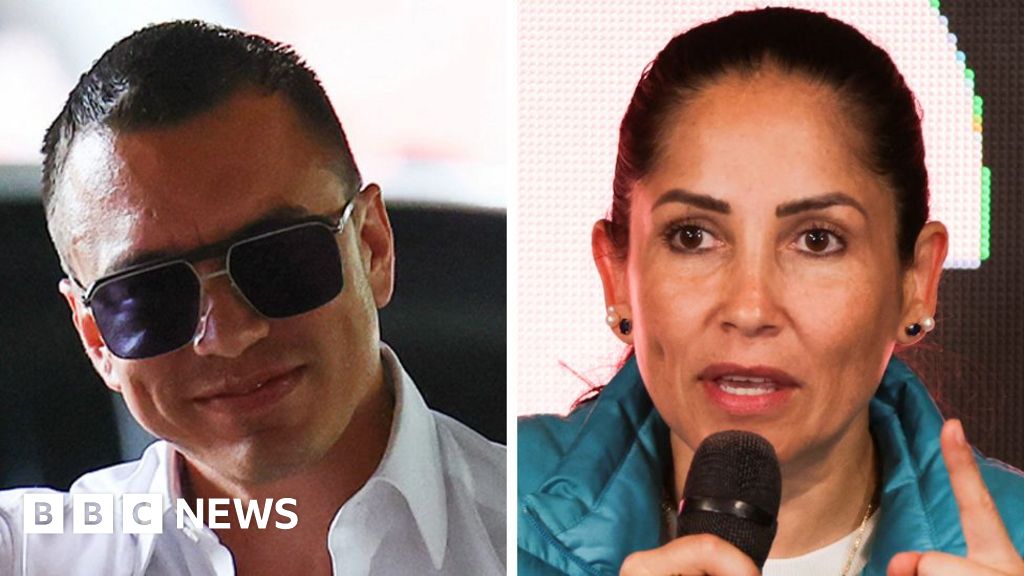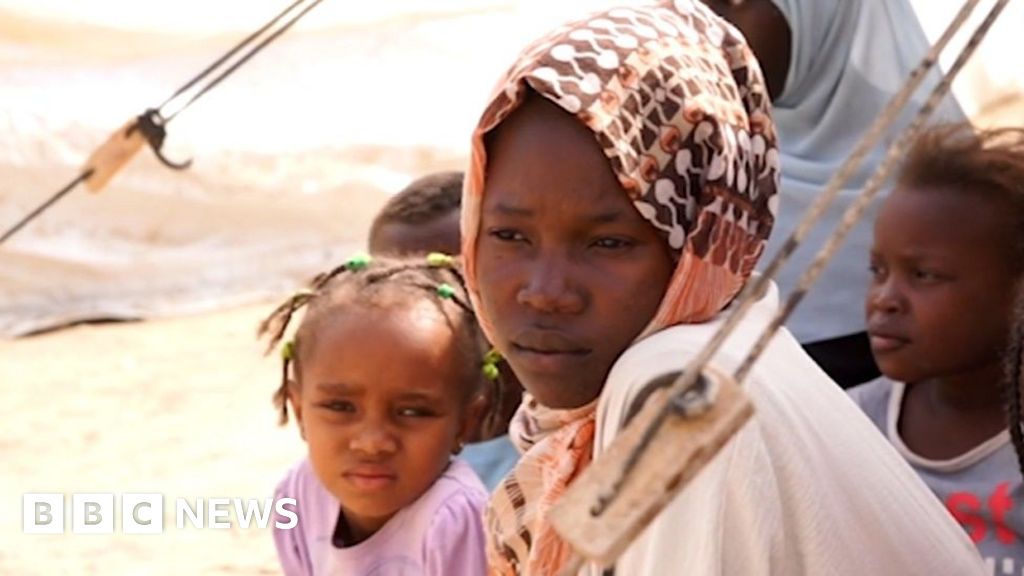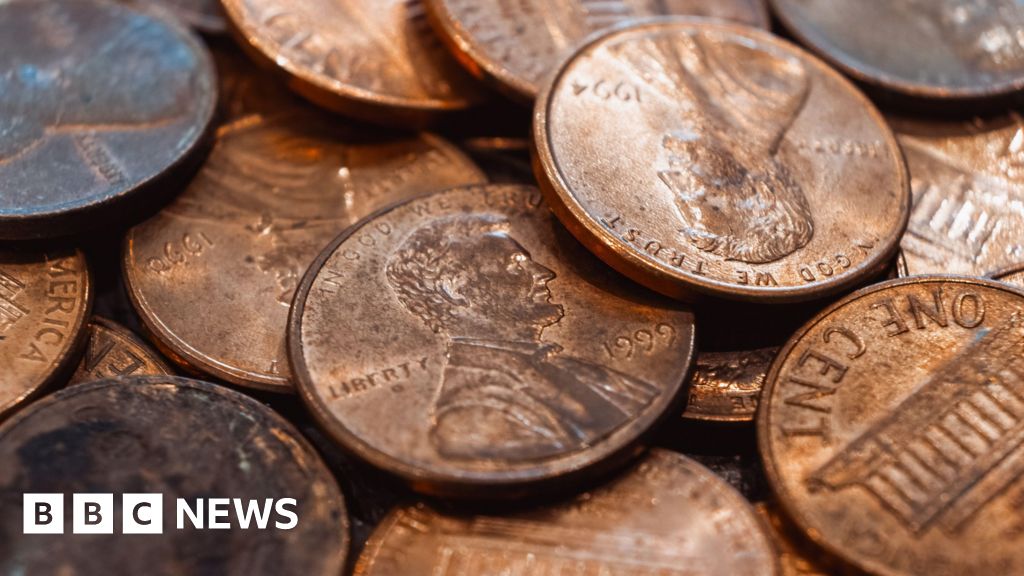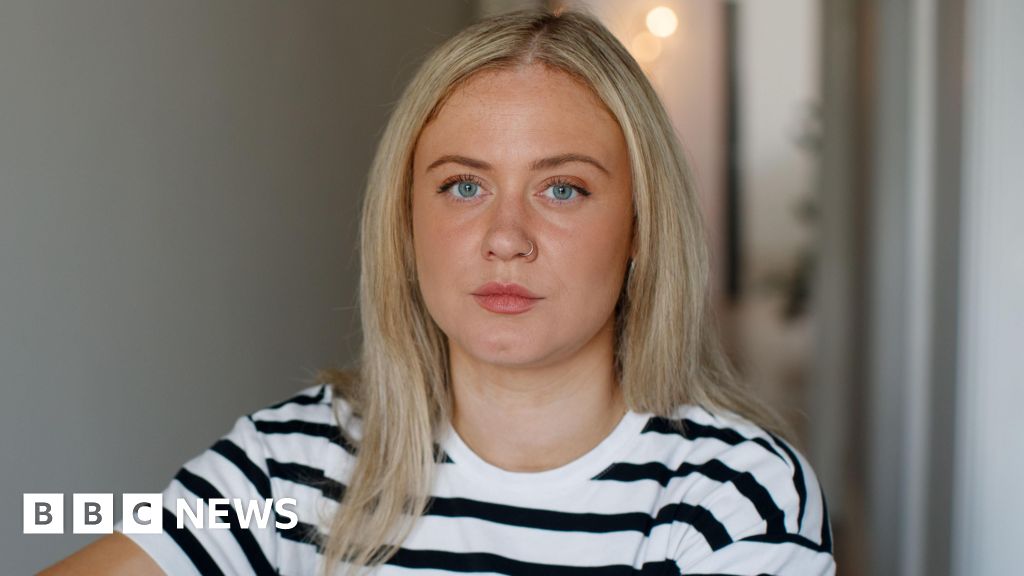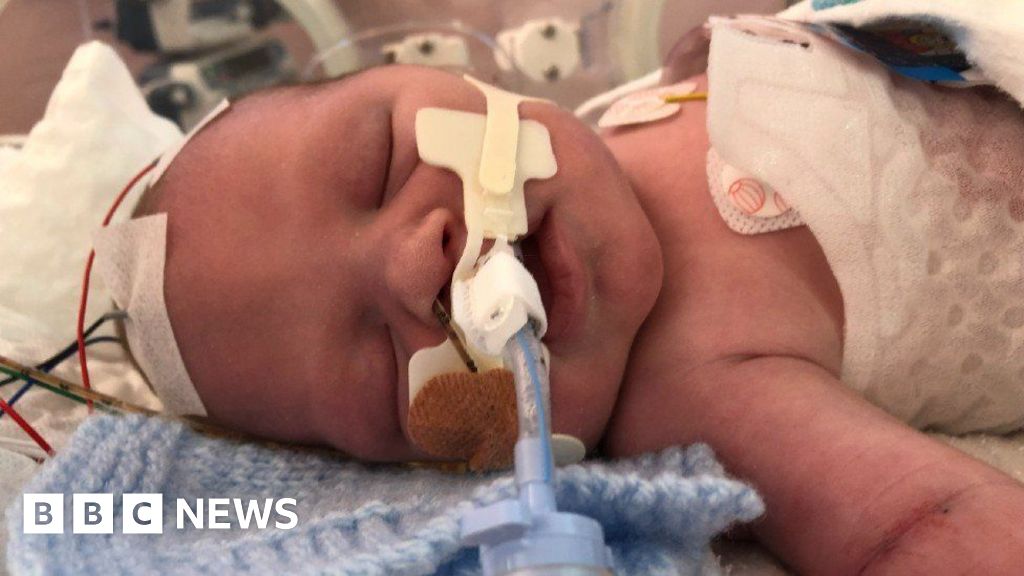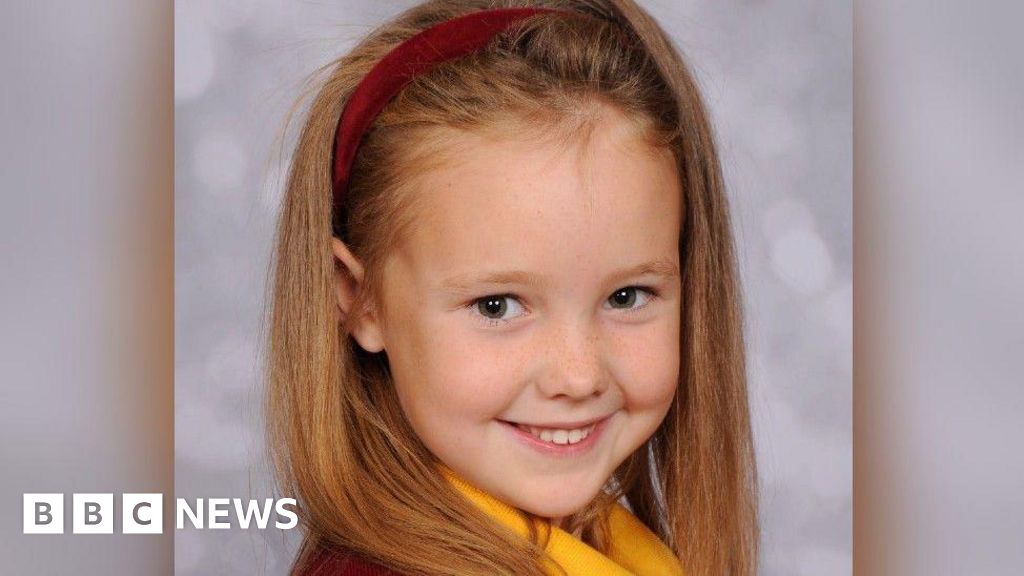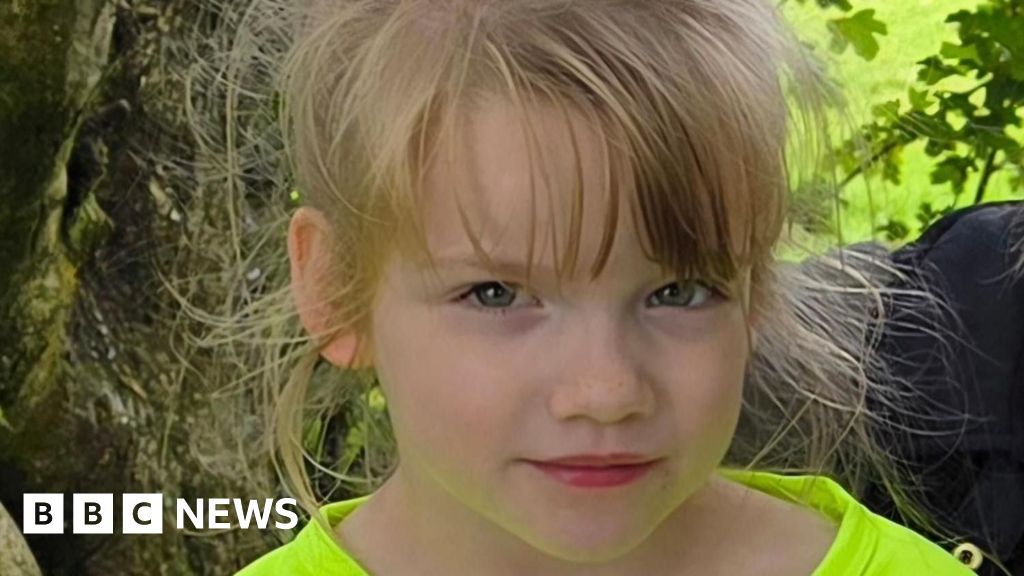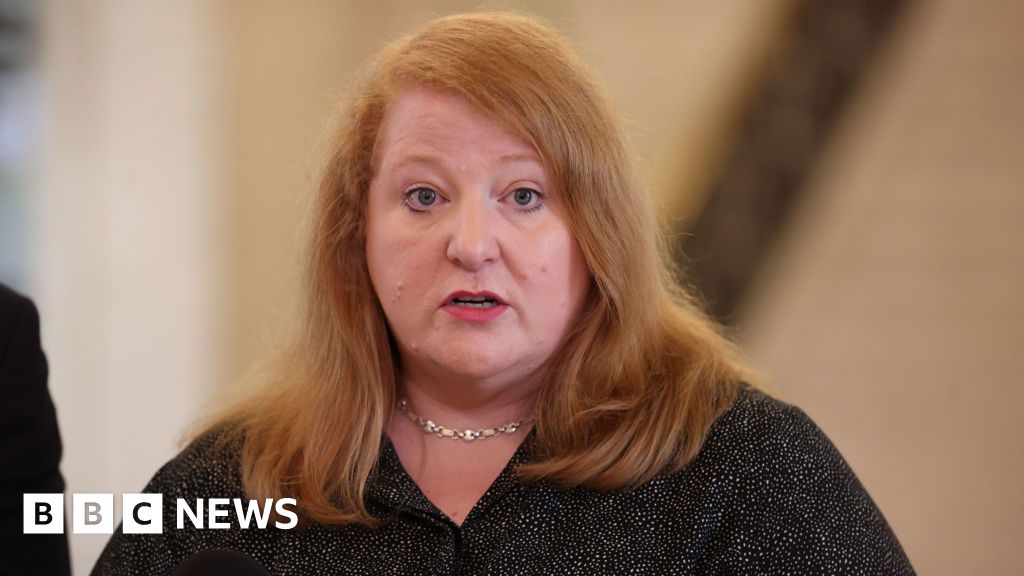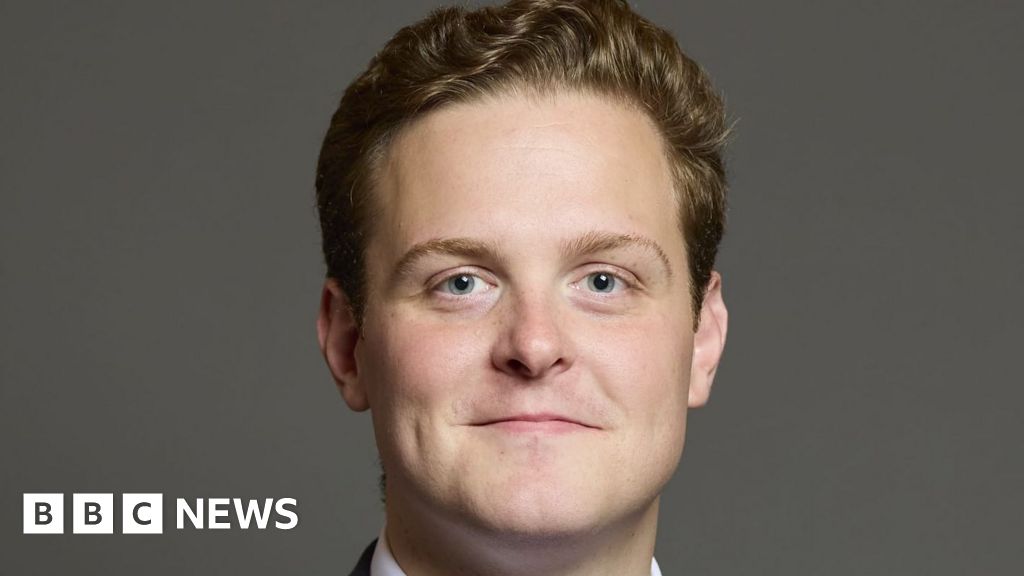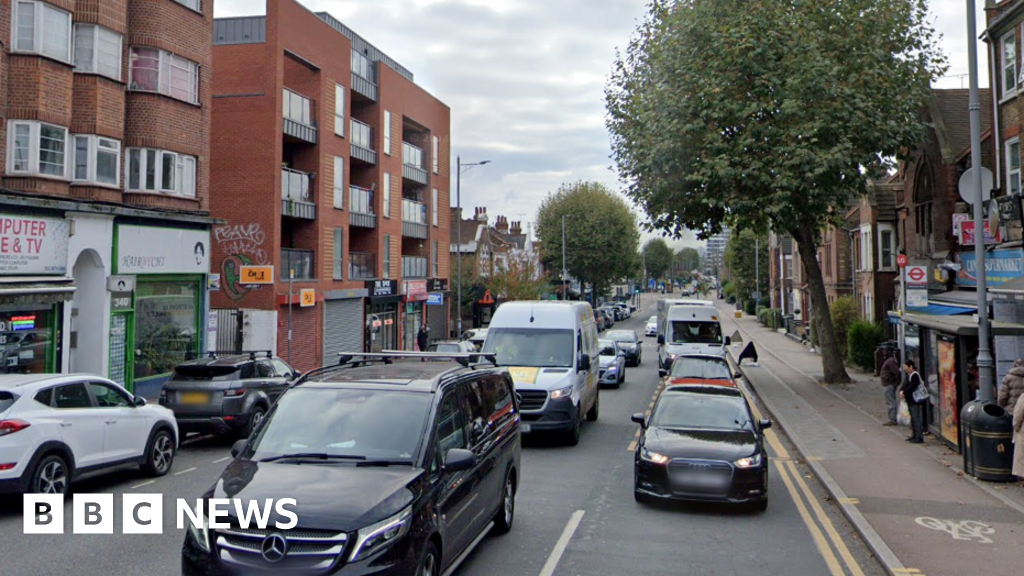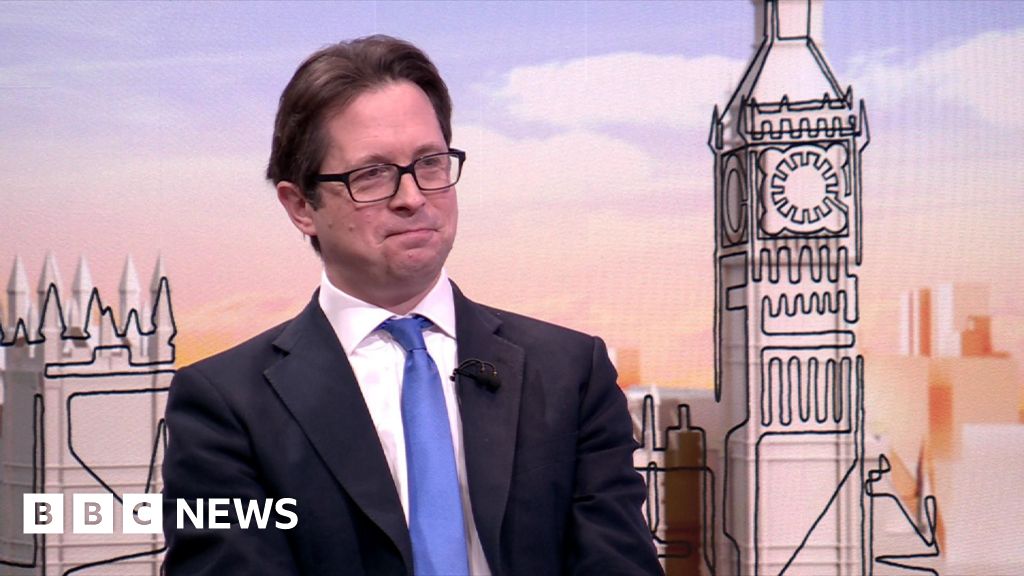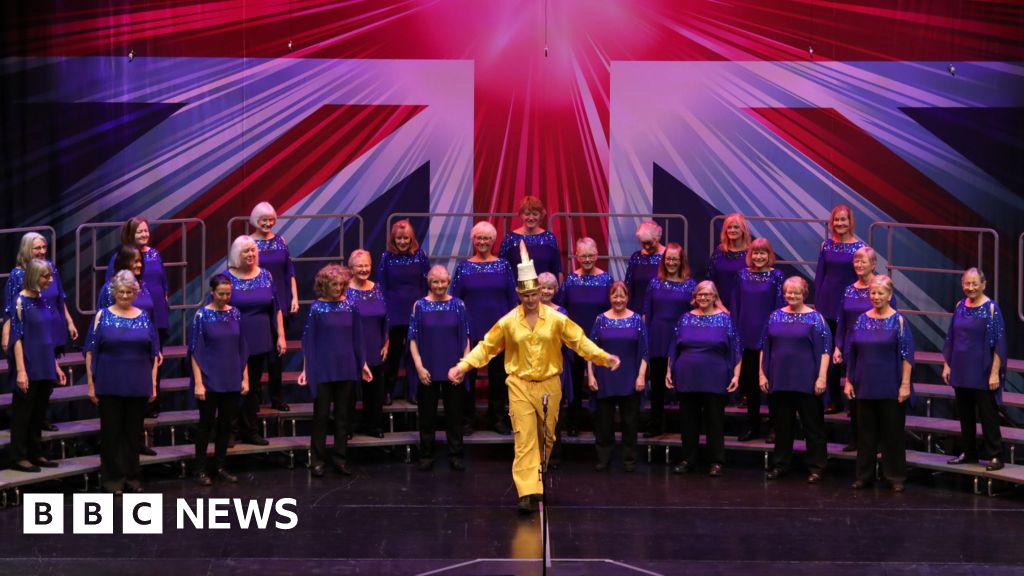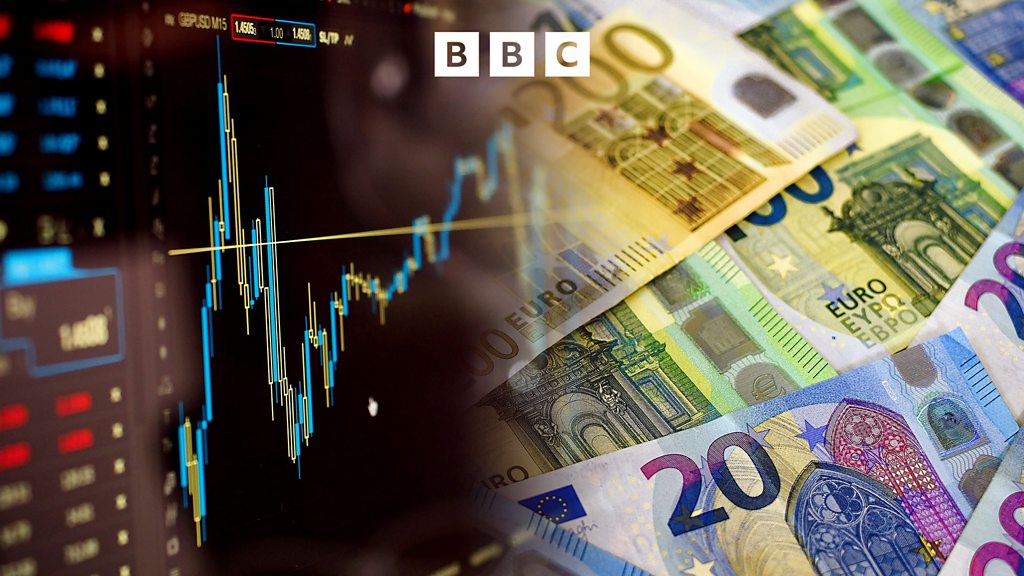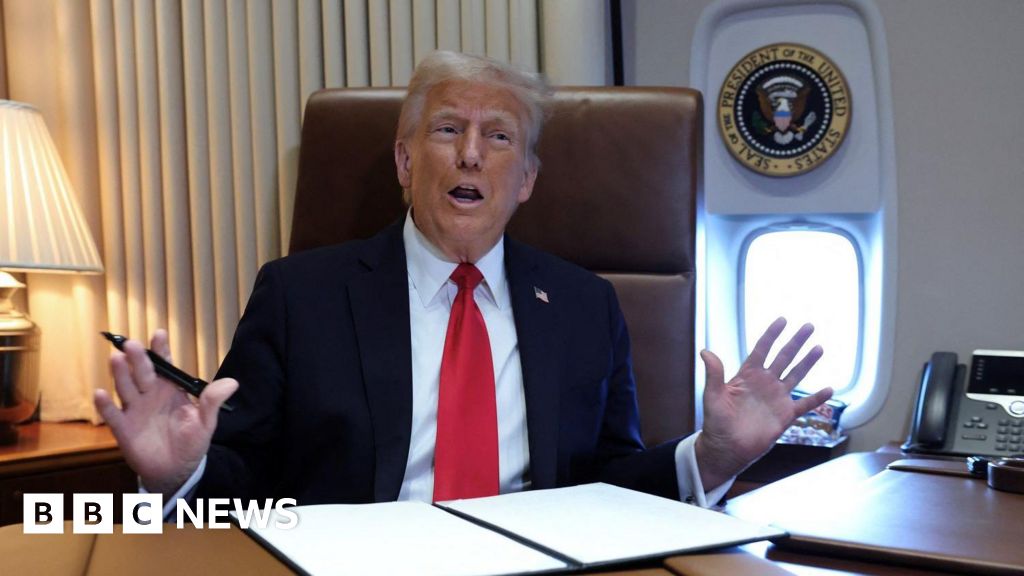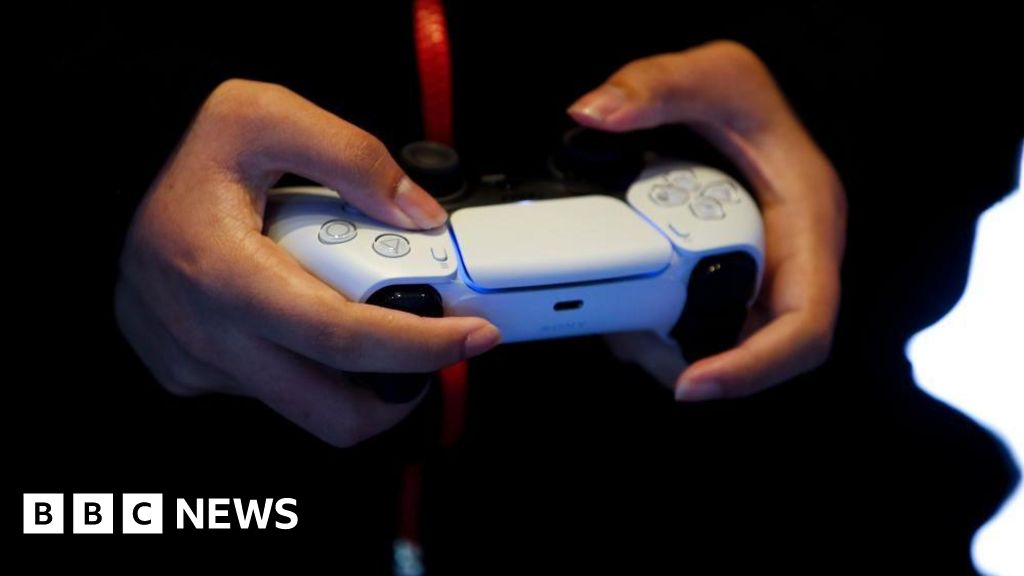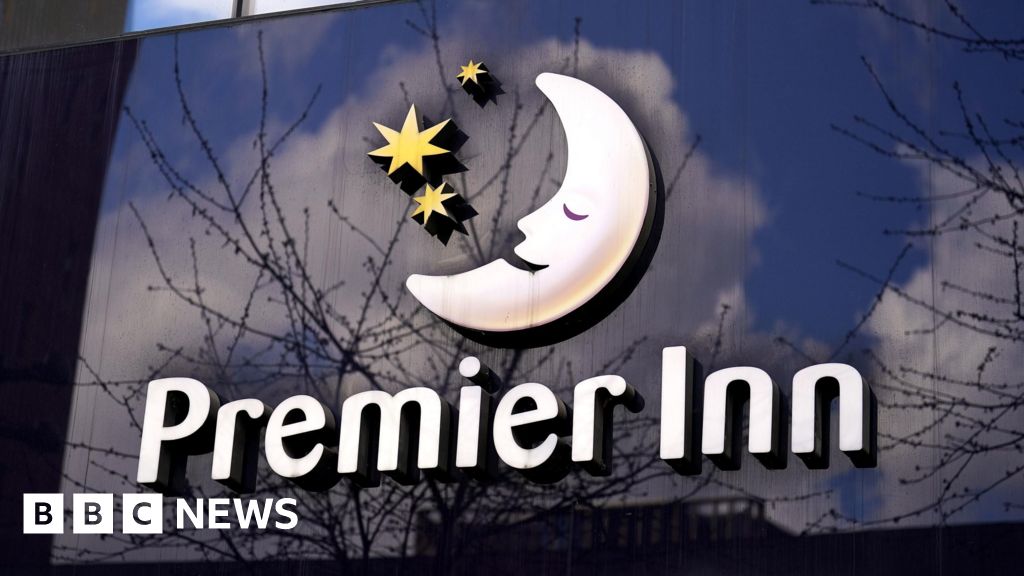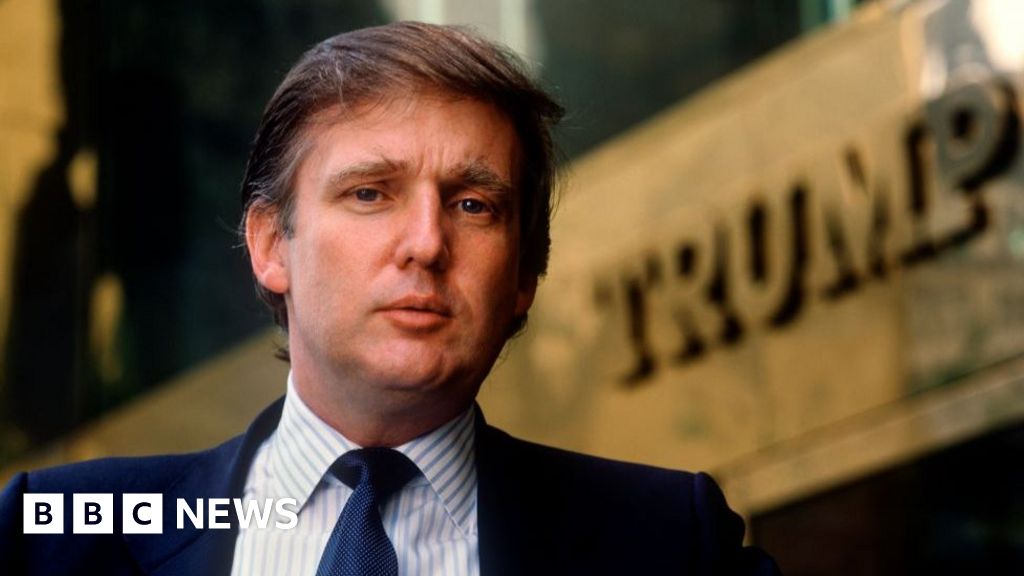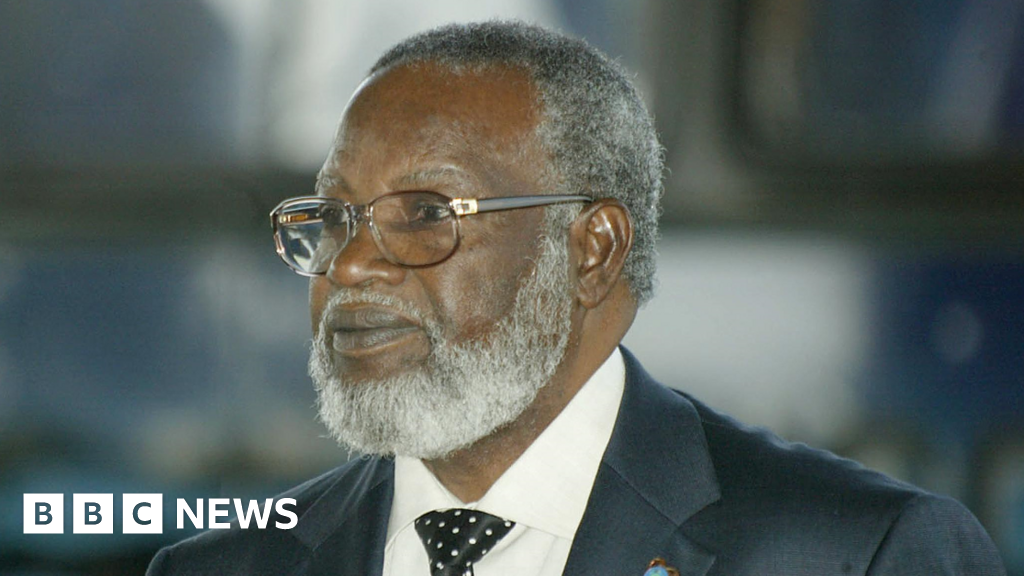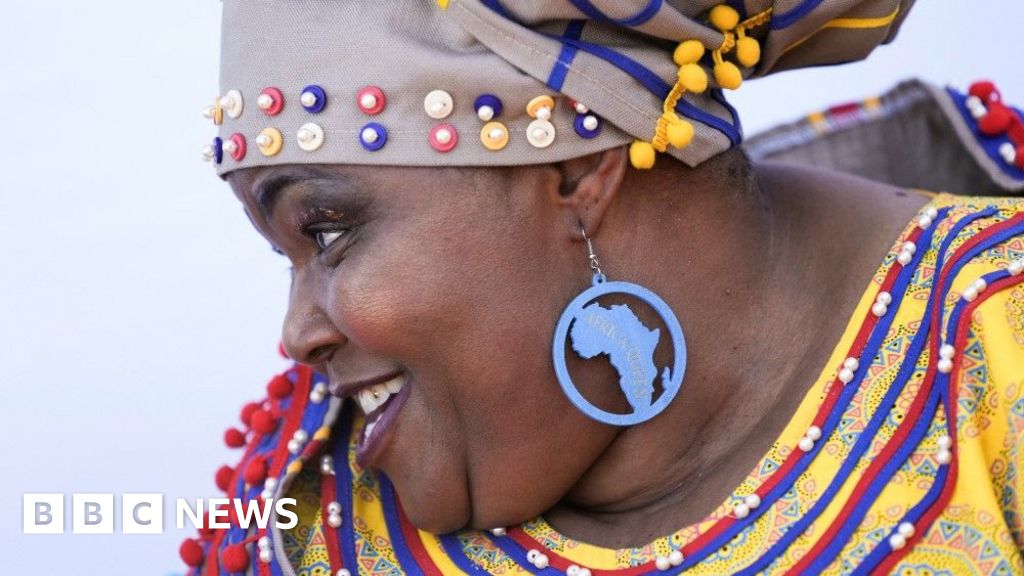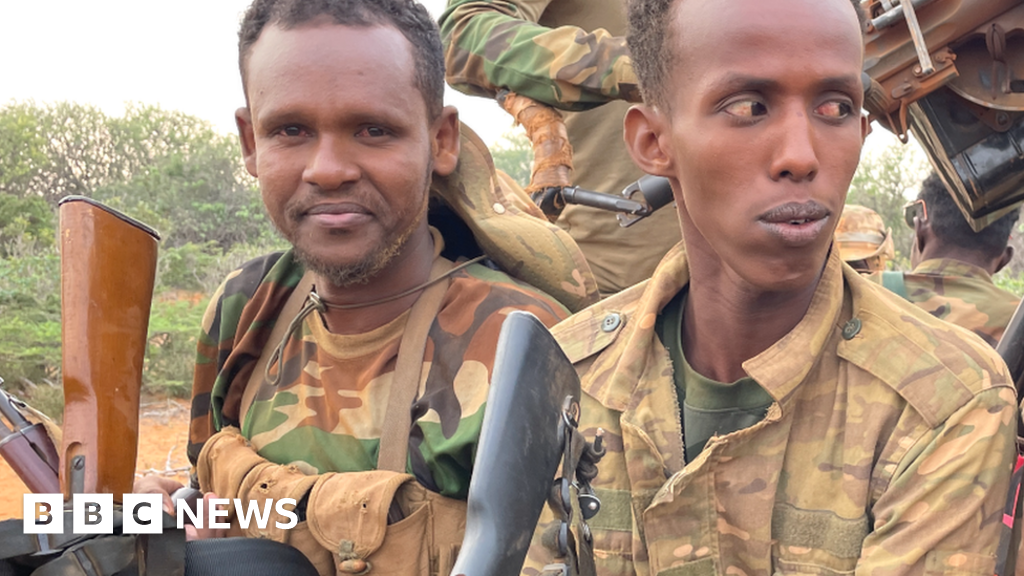The first president of independent Namibia, Sam Nujoma, has died at the age of 95 in the capital Windhoek, the country’s current leader has announced.
Nujoma led the long fight for independence from South Africa in 1990 after helping found Namibia’s liberation movement known as the South West Peoples’ Organisation (Swapo) in the 1960s.
After independence, Nujoma became president in 1990 and led the country until 2005.
Nujoma had been hospitalised over the past three weeks with an illness from which he “could not recover”, Namibian President Nangolo Mbumba said in a statement announcing the death with “utmost sorrow and sadness”.
He “inspired us to rise to our feet and to become masters of this vast land of our ancestors,” President Mbumba said.
He added: “Our founding father lived a long and consequential life during which he exceptionally served the people of his beloved country.”
Nujoma retired as head of state in 2005, but continued to lead the party before stepping down in 2007 as president of the ruling Swapo party after 47 years at the helm.
Many Namibians have reacted to his death with sadness, fondly remembering him as “father of the nation”, says the BBC’s Frauke Jensen in Namibia’s capital, Windhoek.
He is widely credited for ensuring peace and stability after independence from South Africa, which was then under white-minority rule, in 1990.
Nujoma’s policy of national reconciliation encouraged the country’s white community to remain, and they still play a major role in farming and other sectors of the economy.
He also championed the rights of women and children, including making fathers pay for the maintenance of children born out of wedlock.
Namibia’s Vice-President Netumbo Nandi-Ndaitwah, who is due to be inaugurated as president in March after leading Swapo to victory in elections, said his “visionary leadership and dedication to liberation and nation-building laid the foundation for our free, united nation”.
African leaders have joined in paying tribute to Nujoma, with African Union Commission chairman Moussa Faki Mahamat describing him as “the epitome of courage, never wavering from his vision for a free Namibia and a unified Africa”.
Kenya’s President William Ruto said he was a “visionary leader who dedicated his life to the liberation and development of his country”.

